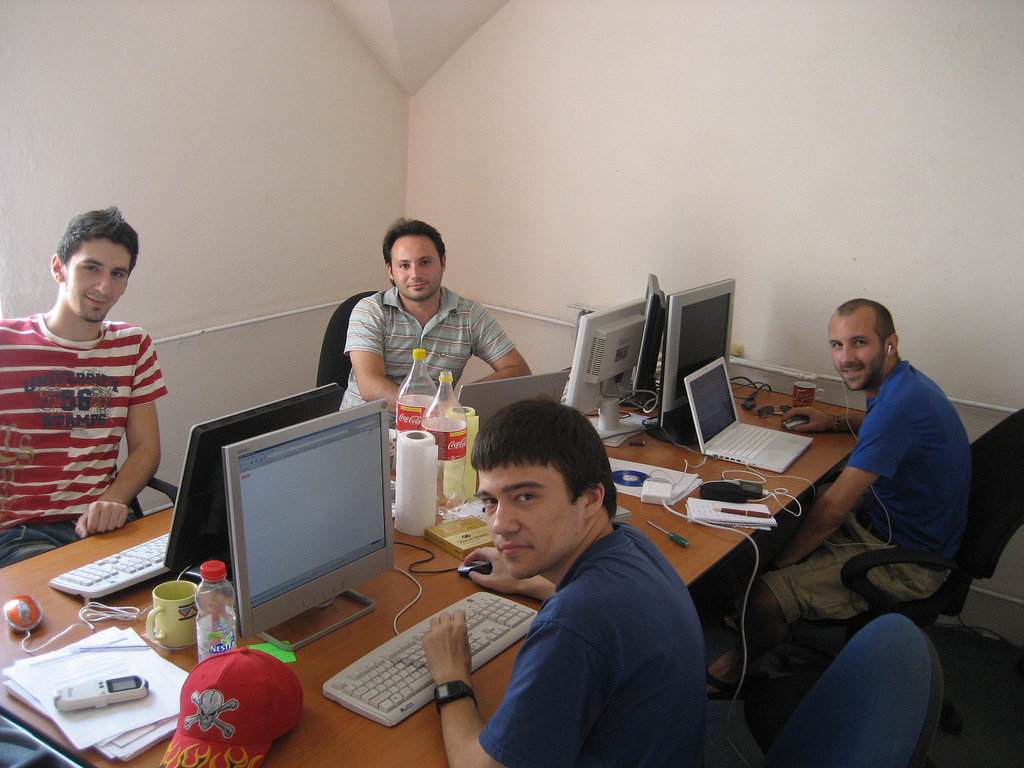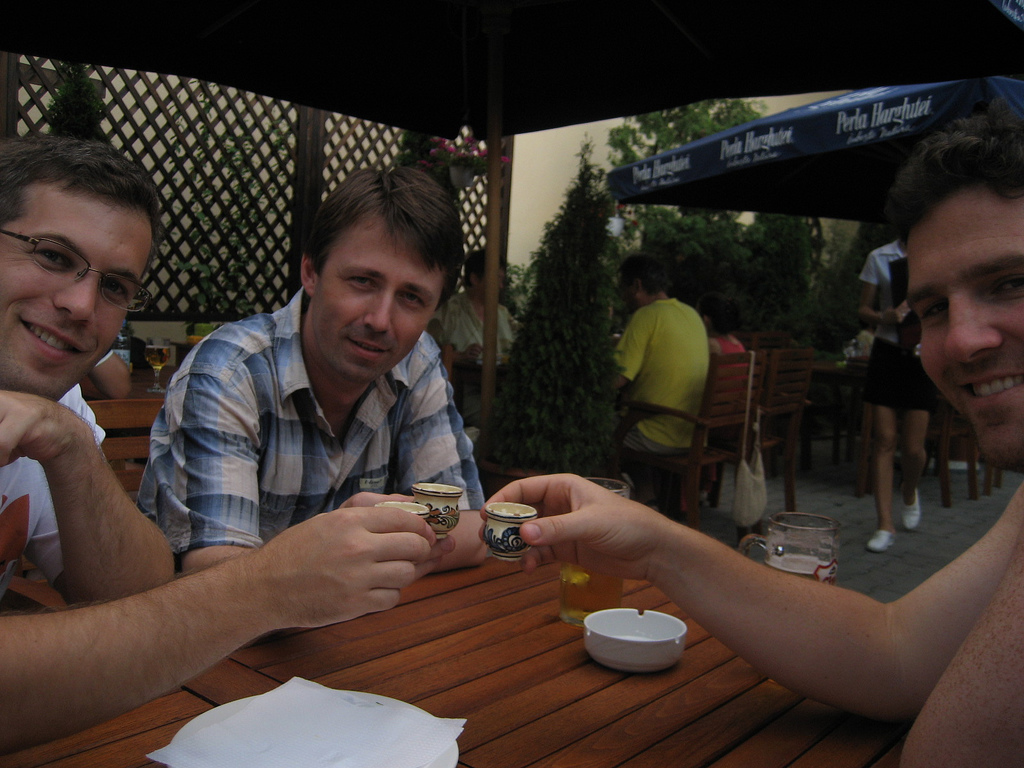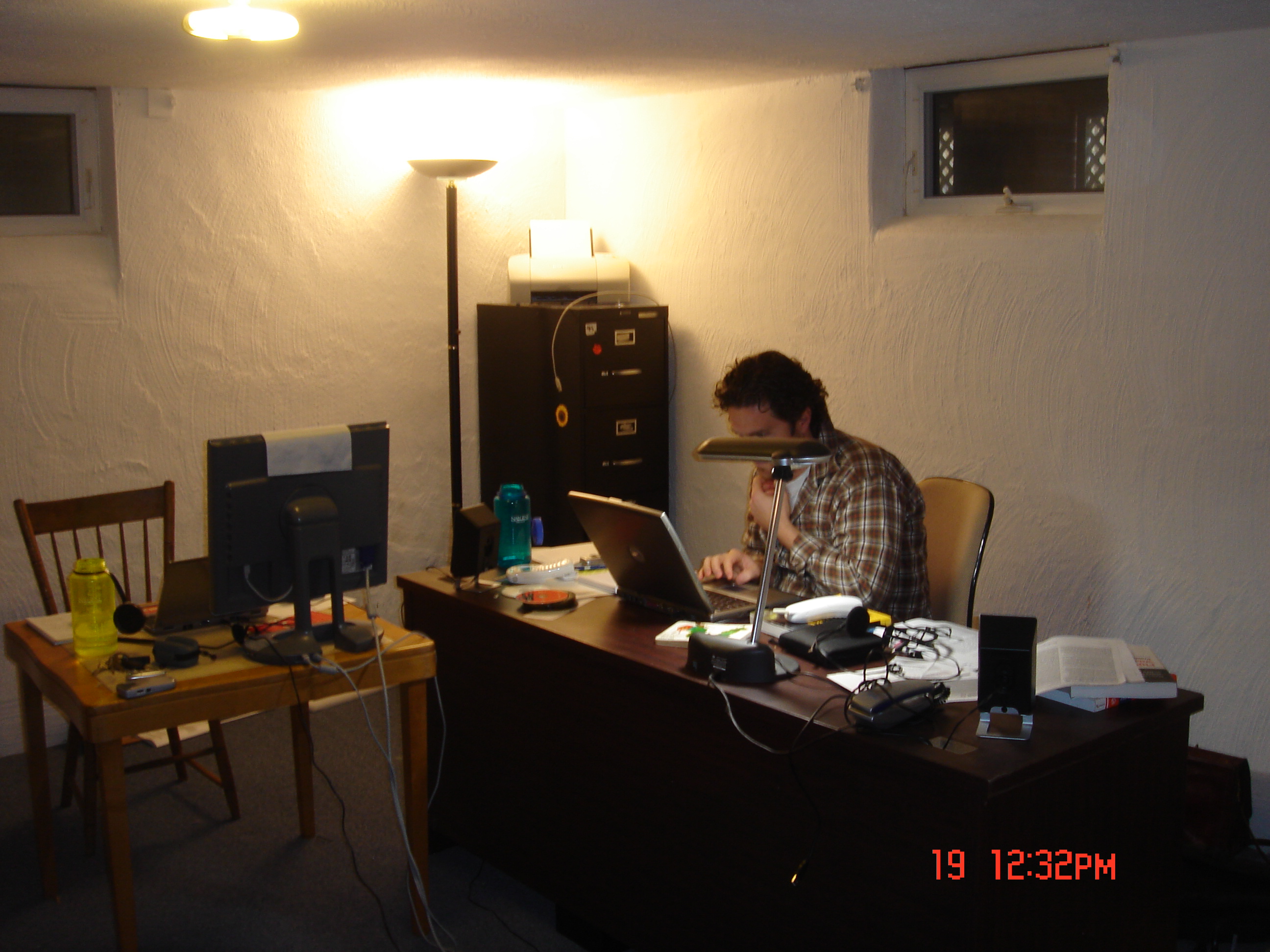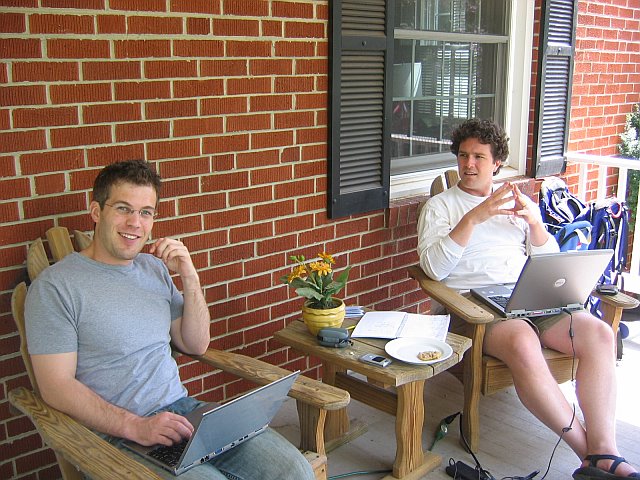This is post #9 about the Qloud experience. The previous post was about about how we used YouTube as a music engine. Read that post here.
The year is 2007 and we’re building as fast as we can our new music service. It’s going to be a full-powered music streaming service on top of a collaborative music search engine and it’s going to be sweet.
Before we launched I went out to lunch with Sean Parker (known by many of you as Justin Timberlake in the movie The Social Network). At the time he had left Facebook and was about a year into his new VC gig at Founders Fund. We sat down to lunch and the subject immediately turned to our upcoming launch. He asked, “Hey, do you know about Facebook’s platform?” I didn’t and he went to explain it to me. Basically FB needed a way to expand and what better way than have companies build their product in to Facebook. While the 3rd party companies would provide the development, Facebook would allow you to message and add their users as your users. It sounded cool.

I went back to the team and explained this upcoming launch. I got in touch with Dave Morin (yep, the Path founder used to be head of Facebook platform) and he gave us access to the platform. Our plan was to build a subset of our service on Facebook and gain some early users. Then, when we launched our new website we could make a claim that says, “We already have 10,000 users on Facebook.”
It did not go that way at all.
Launching on Facebook right when the Platform was launching was probably one of the best things we did. Because it was new, it had a bunch of early adopters. It also had a bunch of loopholes that allowed us to market and message millions of users. If you remember getting a ton of requests to join some stupid game, that was the platform. We used to do things like “You can’t install our app unless you invite 30 friends.” and people did it.
Of course Facebook wasn’t happy about this, but we weren’t going to stop. Kudos goes to our colleague Noah who really figured out how to growth hack the crap out of it.
Lessons learned: at both Kapost and Qloud, we grew because we attached ourselves to a tidal wave in the industry. In Qloud it was the Facebook platform and Kapost it was Content Marketing. Facebook eventually would shut down the platform but not until much later. Heck, even Zynga used it to become a billion dollar company leveraging Facebook’s platform. Sometimes the bright and shiny new thing in the industry is worth going after.
The next post is about the actual launch. Check that out here.






